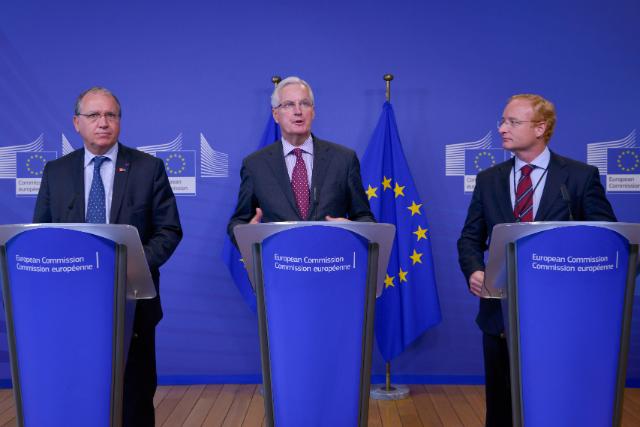

THE EPO has not been saying much about the UPC. There was mere repetition of Battistelli's lies in French media a month ago (e.g. about UPC timeline [1, 2]) and it's all the same nonsense about UPC getting ready to commence. Team UPC has not said much, either. For weeks!
"This whole pursuit of unitary 'patents' has been one big lie on top of serious political corruption and continental-scale entryism by the patent microcosm."Earlier today, however, we saw this new article from Charles Russell Speechlys LLP's Mary Bagnall, who perpetuates popular (among Team UPC's greedy echo chamber) myths. Amid Brexit negotiations and a serious constitutional complaint (related to EPO scandals and Brexit) they pretend that nothing is amiss.
As we said several weeks ago, the main two lies which Team UPC keeps telling/spreading/copy-pasting about UPC these days are as follows: 1) UPC will definitely start in 2019. 2) the only question is, can the UK participate?
One is wishful thinking and the second is a loaded statement/question. This whole pursuit of unitary 'patents' has been one big lie on top of serious political corruption and continental-scale entryism by the patent microcosm. Thankfully, German judges are seeing all that and we expect the UPC to languish in years to come. It remains to be seen when António Campinos brings up the subject and what he will say (or how much he will lie).
Regarding Bagnall's article, here she is repeating these two tiresome lies in two consecutive paragraphs:
Unified Patent Court:16 countries (including the UK) have now ratified the UPCA. With the UK’s ratification on 26 April, it is now only a legal challenge to ratification currently before the German Constitutional Court that is adversely impacting on the timetable for the introduction of the new regime. Assuming the challenge fails and Germany ratifies, this would potentially allow the UPC to open in early 2019.
The interesting question is whether the UK can continue to participate in the UPC regime after its exit from the EU. The UK Government has noted that the UPCA is an international treaty and that the international court will have jurisdiction over patent disputes across its contracting states. However, the Government has also noted that the unique nature of the proposed court means that the UK’s future relationship with the UPC will be subject to negotiation with European partners as the UK leaves the EU. The continuing participation of the UK and any participation of other non-EU countries, such as Switzerland, would certainly require amendment of the UPCA. It is thought that this is a possibility, but the question is whether there is enough support to make this happen?